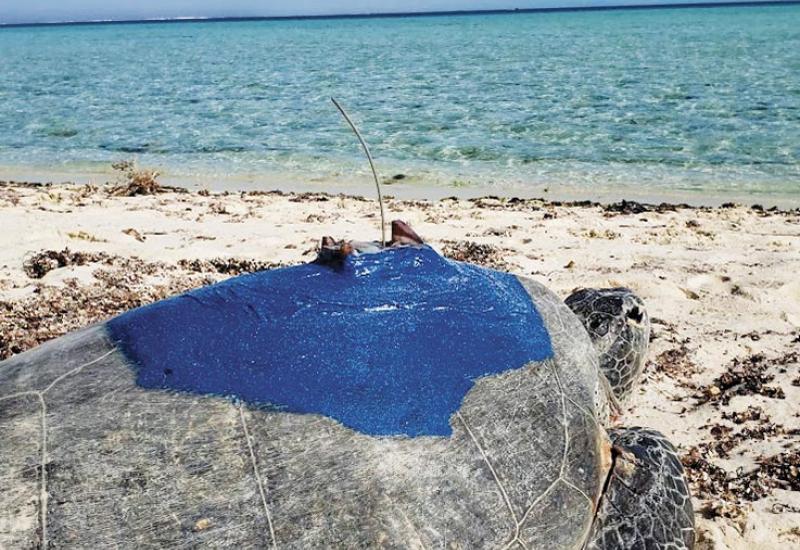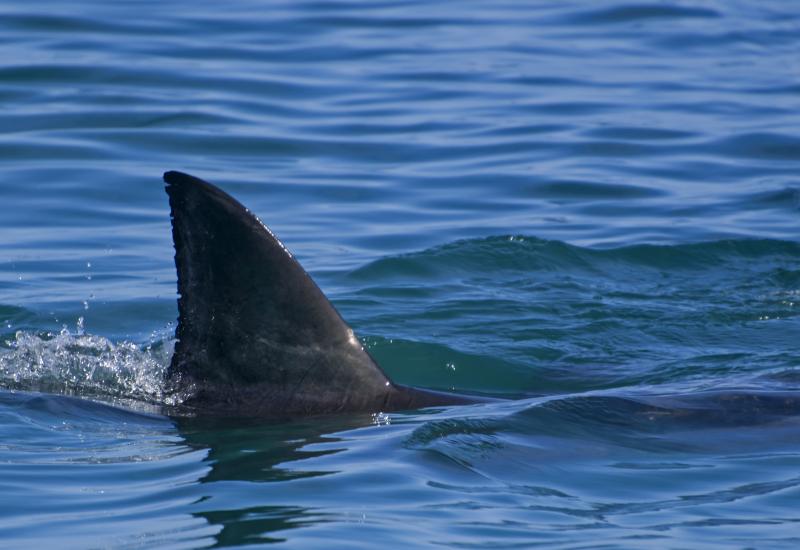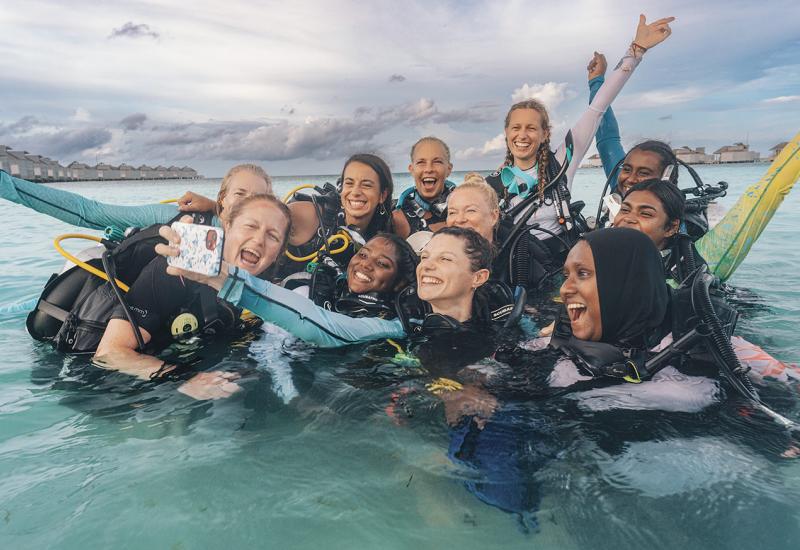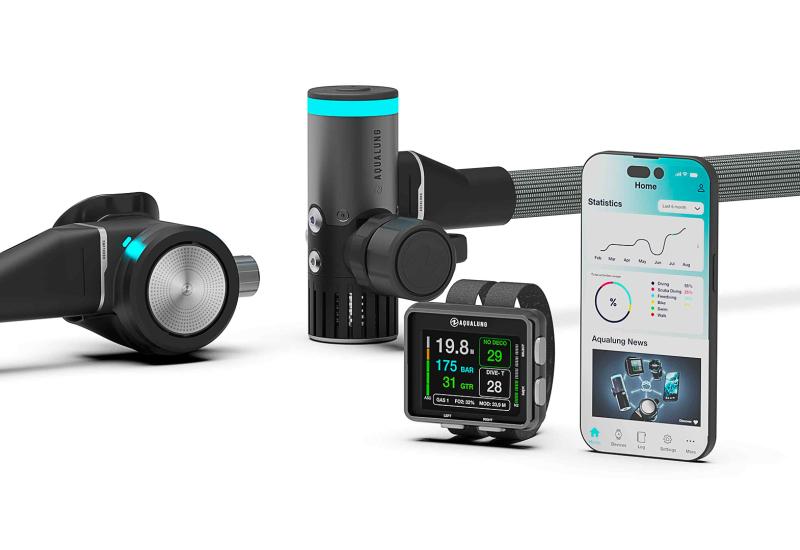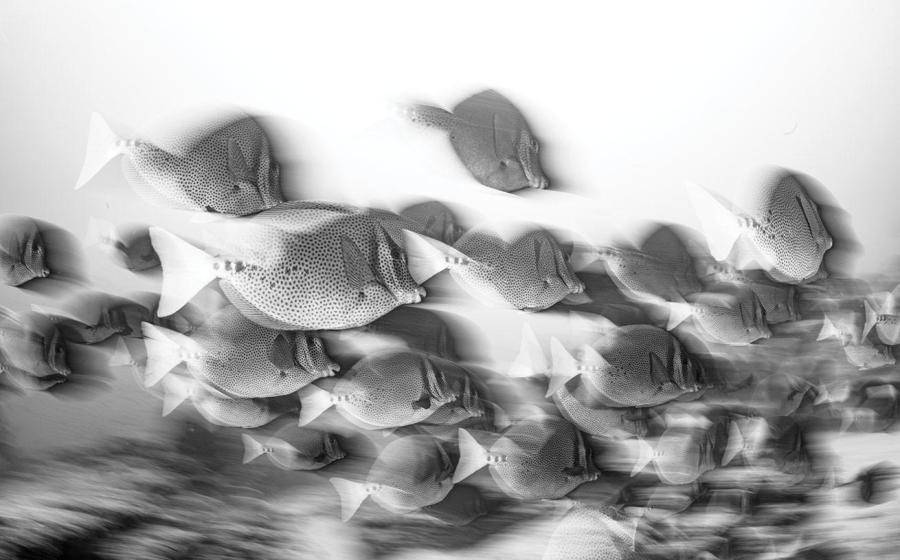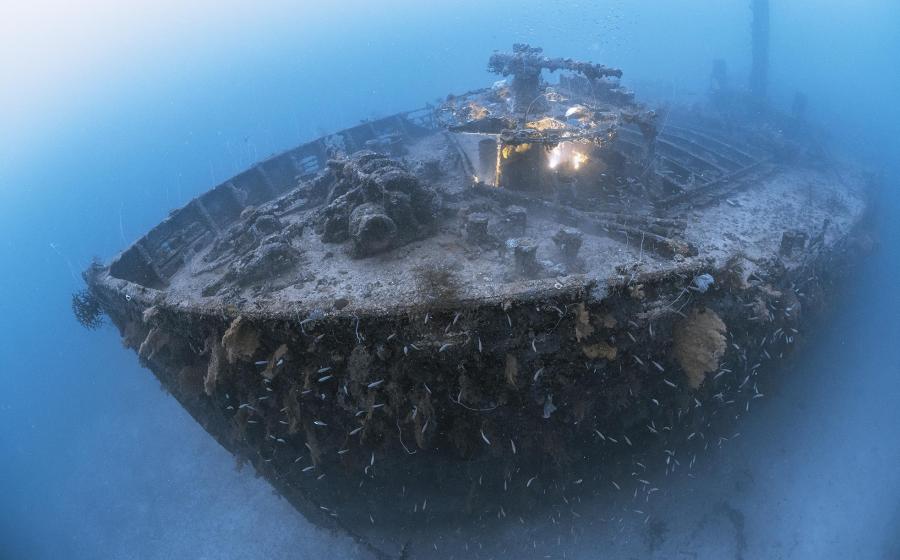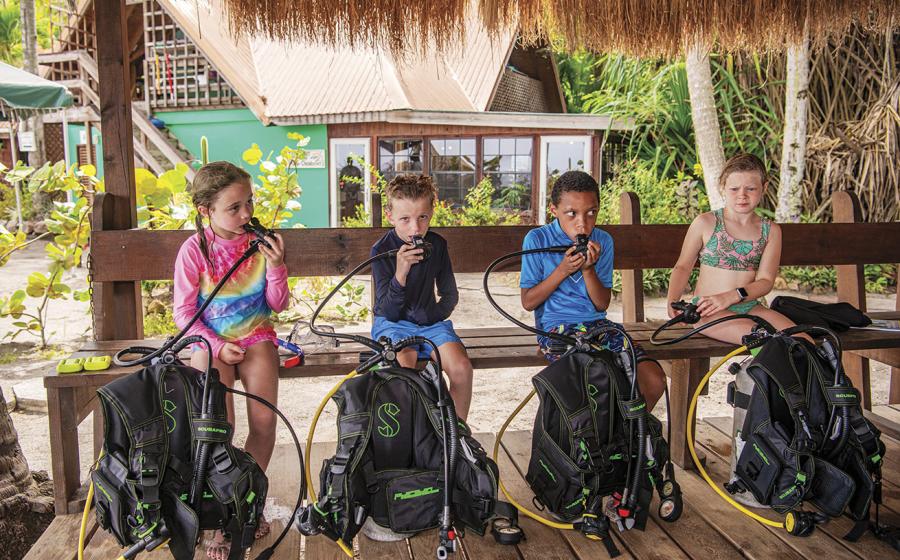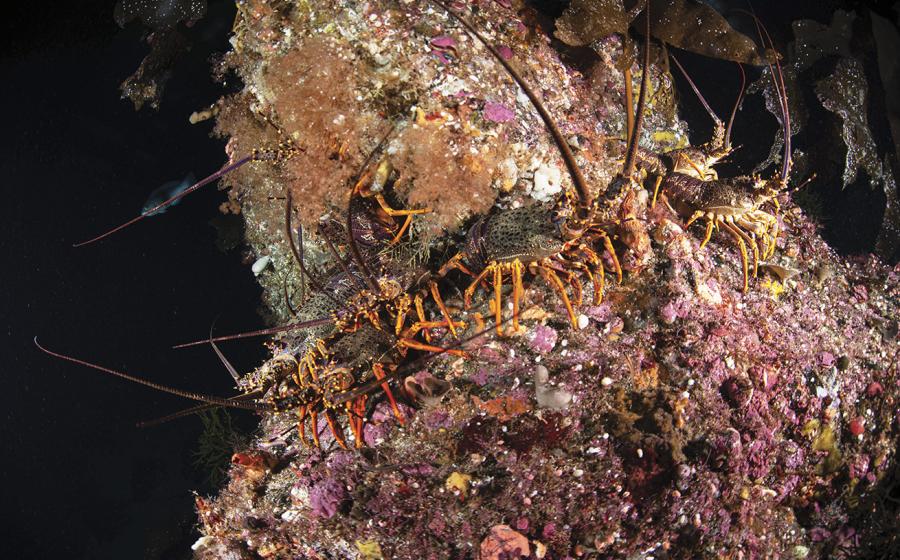Harbor Seals Get Equipped with "Smartphones" To Help Recover Their Populations

ShutterstockA new tracking technology is being used by researchers in the U.K. to help rebuild harbor seal populations.
Read more about marine conservation programs and how divers can help.
Harbor seals, which have declined to one-tenth of their population since 2001, might get some much-needed help from the Sea Mammal Research Unit at Scotland’s University of St. Andrews. Researchers are tagging harbor seals off the Orkney Islands with smartphonelike devices. It’s hoped that the captured data will enable marine conservationists in developing a population-recovery plan.
SMRU will use machine-to-machine technology from Vodafone — a British multinational telecommunications company — to transmit vital information from harbor seals to scientists, who can then analyze the data. M2M technology has been used in cars and heart monitors.
“Marine data collected during this project on Orkney will help to assess the causes, management, and mitigation options in relation to the harbor seals’ decline and to prioritize future research directions,” says Dr. Bernie McConnell, SMRU’s deputy director.
The tags function much like smartphones, gathering data such as a seal’s location, dive behavior and environment. Researchers will be able to monitor and control individual SIM cards in the seals’ tags from land. The tags — which are attached to the fur on the back of the seals’ heads — are harmless, small, lightweight and drop off when the seal molts.
“This exciting, collaborative study is vital to help us to better understand the drivers of population change in Scottish harbor seals, and to evaluate the potential conservation and management options open to us,” says Professor John Baxter of Scottish Natural Heritage.
The U.K. is home to roughly 40 percent of the European population of Phoca vitulina. It’s unclear what’s causing the decline; it’s likely due to a constellation of threats, including excessive oil-spill pollution, toxic chemicals, fish farming, and entanglement in fishing nets and marine turbines.
“This project is proof that collaborations between government, science and the private sector can work to improve better-informed policy decisions on the environment,” says Helen Lamprell, Vodafone U.K.’s corporate and external affairs director

